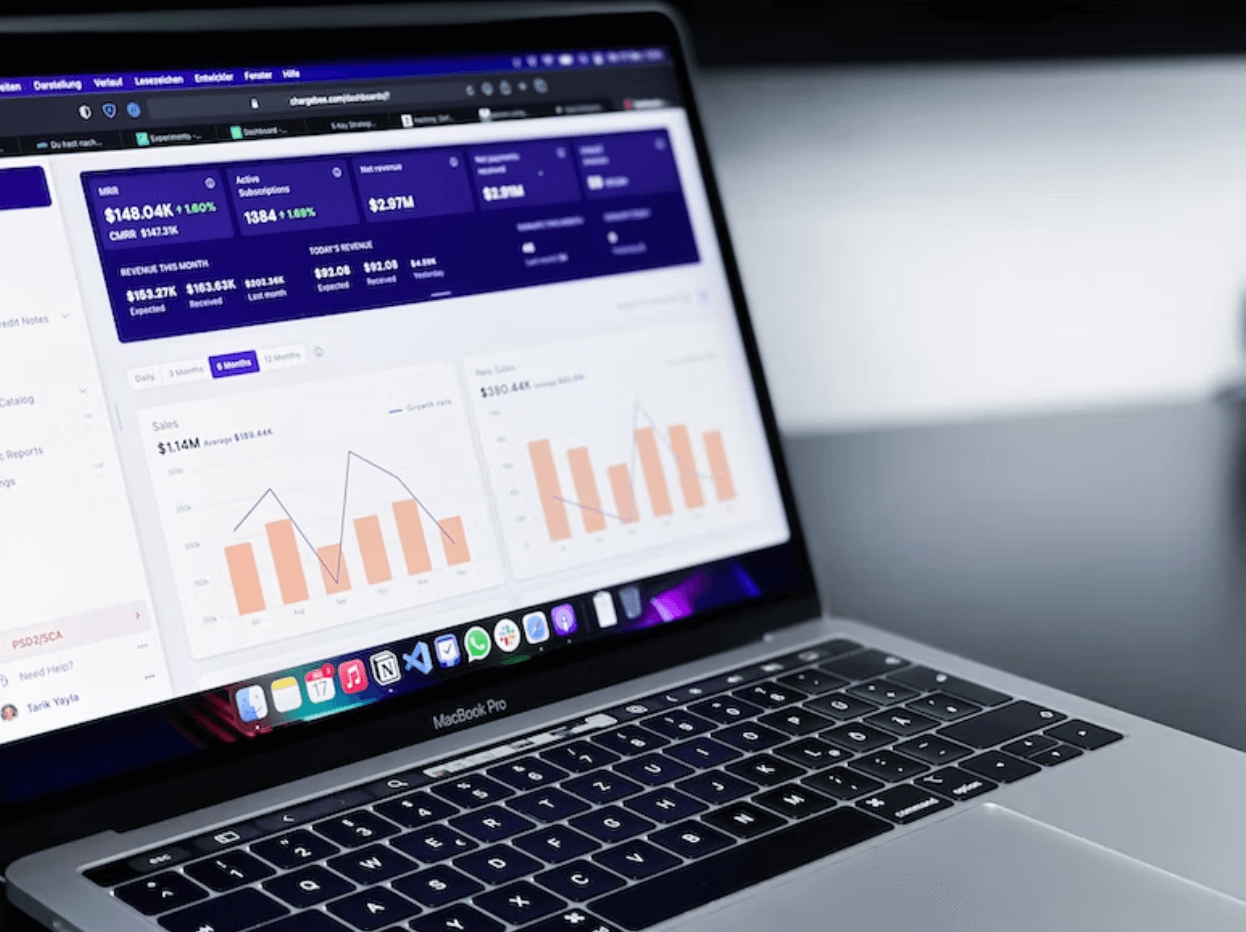Data analysis is an integral part of many business processes. It is used to understand trends and patterns in data, uncover insights, and make decisions that can help businesses improve their operations or develop new strategies for growth. Data analysis involves collecting, organizing, cleaning, analyzing, and interpreting data from various sources and using specialized software tools to draw meaningful conclusions. If you would like to learn more about the purpose of data analysis and how it can be used in your business, read on.
Helping businesses gain perspective
Data analysis plays an important role in helping businesses understand their customers, markets, and competitors. Through data analysis, businesses can identify customer needs, and target markets, track performance metrics, analyze competitor strategies, and develop new business models. Namely, the team at Zuar says that data analysis should not be a timely and costly endeavor. Namely, it should help businesses uncover insights about their own operations and processes, allowing them to improve efficiency and develop better strategies.
Providing an objective view of data
As an invaluable asset for businesses, data analysis allows them to detect patterns in data that would have otherwise gone undetected. Predictive analytics and machine learning are robust methods used to uncover connections between variables, discern trends, and draw clear insights which can be applied when making crucial decisions. With these tools at their disposal, companies are able to unlock previously unseen potentials from the data they possess.
For instance, if a business is trying to determine why sales have decreased in certain markets, data analysis can be used to identify relevant trends and uncover insights that could help them understand the underlying causes of the decrease.
Identifying opportunities
Utilizing data analysis can be a great asset for businesses, providing them the ability to recognize areas of success and locate elements that are not performing optimally. Through data analysis, companies gain the opportunity to unlock untapped value in order to optimize operations and increase overall success. By analyzing data over time, businesses can identify areas of potential improvement or new markets to explore.
For instance, if a business is trying to figure out which product categories are most profitable, data analysis can help them identify trends in customer purchases and determine which products have the highest demand and profitability. This information can then be used to make informed decisions about which products and markets to focus on in the future.
Assisting decision-making

Using existing data to analyze probable future outcomes allows businesses to thoroughly comprehend the effects of their choices and make decisions that are more likely of succeeding. Data analysis can also be employed for contrasting various strategies or scenarios, helping companies select the best option suited for them.
Not only can data analysis help businesses make better decisions, but it can also save them time and resources by providing an efficient way to process large amounts of information.
Using data to optimize processes
Businesses can use data analysis to improve their operations and processes. By examining existing data, businesses can identify areas in need of improvement and develop strategies to optimize their production, sales, customer service, or other business activities.
In addition to its many benefits, data analysis is relatively easy to implement and can be used to quickly gain insights from large amounts of data. With the right tools and techniques, businesses can use data analysis to improve their operations and make more informed decisions.
Figuring out the bigger picture
Data analysis is an invaluable tool for helping businesses understand their customers, markets, and competitors. By analyzing data over time, businesses can identify trends and uncover insights that could inform decisions and help them develop better strategies or uncover opportunities for growth. With the right tools and techniques, data analysis can be used to quickly gain insights from large amounts of data and optimize business processes. Data analysis allows businesses to make informed decisions, enabling them to reach their goals more efficiently. Understanding the purpose of data analysis can help businesses gain perspective and use it to their advantage.
Knowing when to use data analysis
It’s important to remember that data analysis should not be used in every instance. While it can provide valuable insights, it is only effective when used correctly and in the right situations. Data analysis should be used when businesses are trying to identify patterns or trends, understand customer behavior, compare different strategies, or optimize processes. Don’t forget that data analysis should only be conducted with sufficient amounts of structured data available, which can then render priceless insights. Knowing when to use and leverage the power of data analysis is key in helping companies gain more from their existing datasets and make informed decisions.
Data analysis is an important tool for businesses of all sizes. By understanding the purpose of data analysis and using it strategically, businesses can gain valuable insights into their operations and develop more effective strategies for growth. Whether you are just beginning to explore data analysis or have been using it for some time, understanding the purpose of data analysis can help you make better decisions and achieve your business goals.

